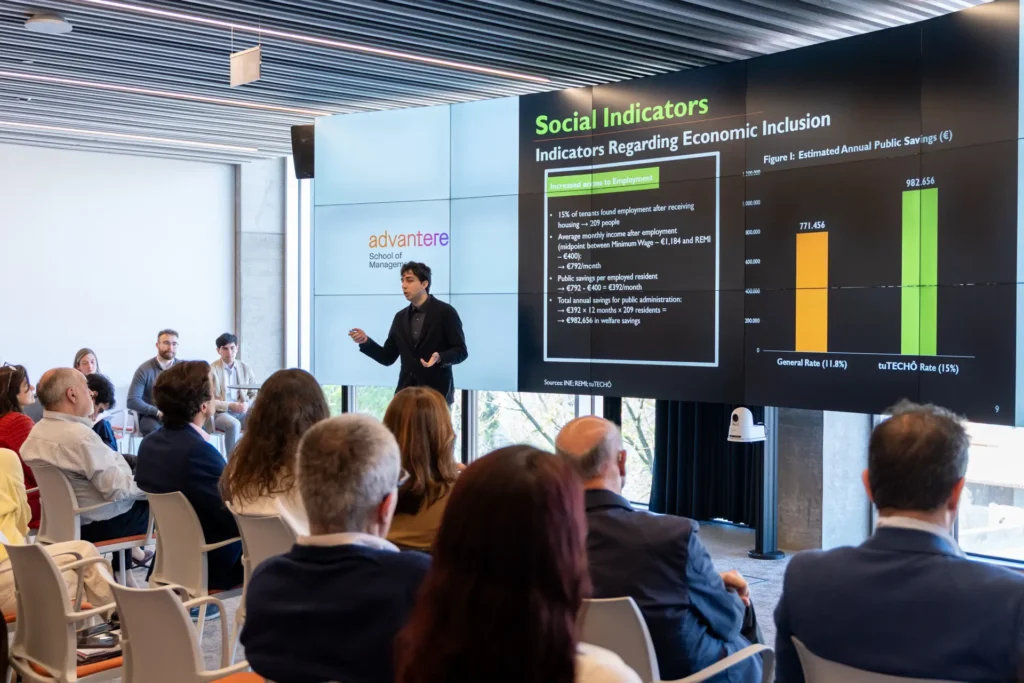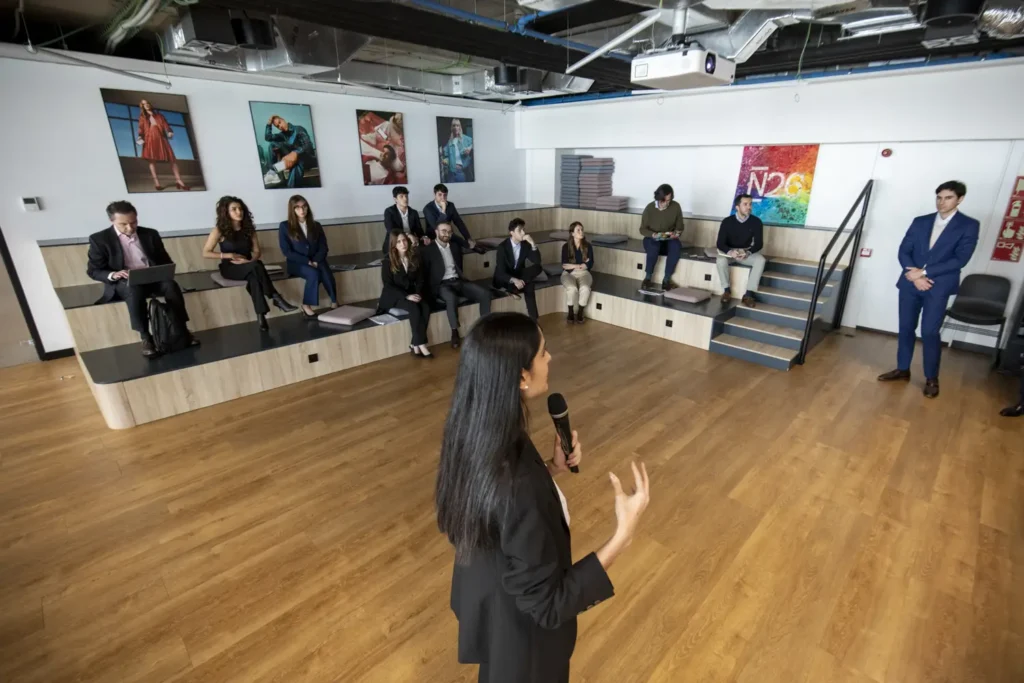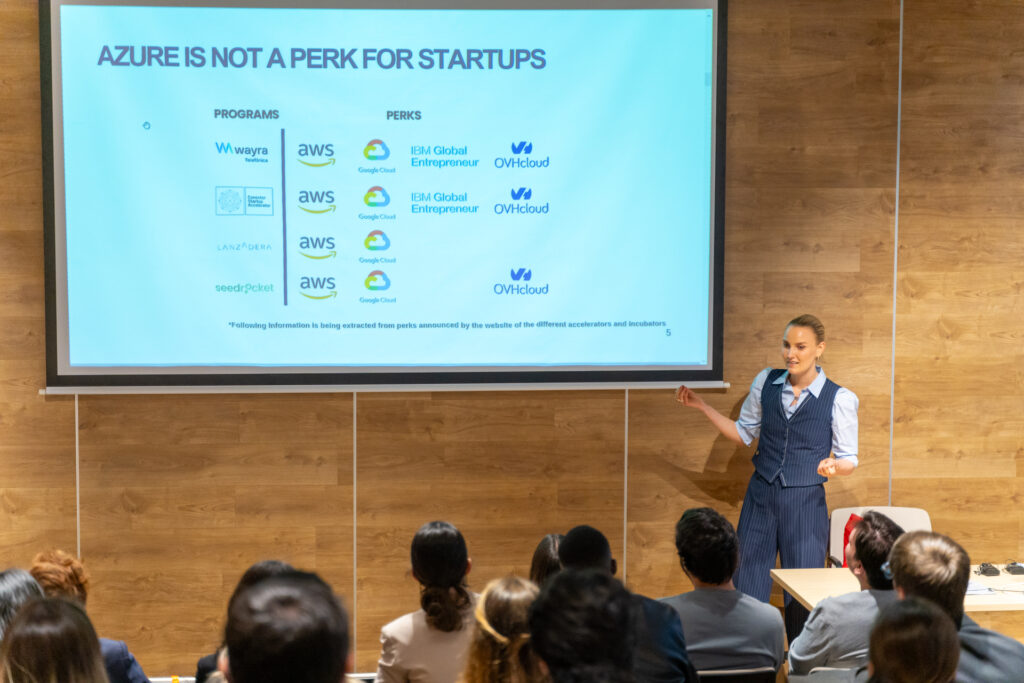What is the recency bias?
The recency effect is a cognitive bias in which those items, ideas, or arguments that came last are remembered more clearly than those that came first. It is also applied to easily remembering something that has happened recently, compared to something that may have occurred a while ago.
This is related to the fact that we give more relevance to recent events than earlier events. This bias is also closely linked to the human tendency to prioritize any simple cognitive process, such as using our short and middle-term memory over a more difficult task that requires using our long-term memory.
How does recency bias influence my life?
Marketers take advantage of the recency effect by ensuring the beginning and ends of ads are positive and appealing.
The same happens while shopping: the first and especially the last impression determine your decision. In the same way, we recall more easily the items found at the end of a list we have recently memorized.
Similarly, when an evaluator is assessing employee performance, instead of evaluating the whole year’s activity, they focus on recent events or activities that can be readily recalled.
The same phenomenon is common in investing, as investors give more credit to short-term performances instead of more elaborated, long-term provisions.
What can I do about it?
When you are managing a list or a piece of information, place the essential information at the end. In the same way, if you want something you say to stand out in someone’s mind, make sure you emphasize this information right at the end.
When it comes to making decisions, try to analyze the bigger picture and avoid biased views. Use checklists and aim to be as broad, neutral and fair as possible when analyzing any scenario.
If you want to apply this knowledge in a career focused on the common good, check our Master’s degrees: International Management, Finance or Talent Management, and start to change the world with us.
Because we’re re-solved to advance. We have the re-solution to advance.
Sources
“Recency Bias and its footing in the NBA goat debate”, By Alex Brady
- When considering the best sports players, people always prioritize those who are temporally closer to them, in detriment to other players that performed better but a while back.
“Jury Psychology” (Encyclopedia Of Human Behavior), By B. E. Turvey And J. L. Freeman
- In court, the party delivering the final closing argument, the defense, has an unfair advantage in front of the public prosecutor.
“Cognitive Psychology of Memory” (Learning And Memory: A Comprehensive Reference), By M. J. Kahana And S. M. Polyn
- In some situations, the recency effect has a strong impact in the short term and over a long time regardless of eventual distractions.
“Serial Position, output order,and list length effects for words presented on smartphones over very longintervals”, By Cathleen Cortis Mack, Caterina Cinel, Nigel Davies, Michael Harding And Geoff Ward
- The length of the information presented and how it is presented can influence the recency effect.
“Differentiated Instructional Strategies for the block schedule”, By Gayle H. Gregory and Lynne E. Herndon
- To increase educational efficiency, teachers should structure classroom time by devoting the first part of the class to important information.
“Befi Barometer 2021”, By Cerulli Associates
- The recency effect is the most common behavior bias affecting investment decisions.
“Before and after jaws: changing representations of shark attacks”, By Beryl Francis
- After the 1975 blockbuster Jaws came out, the number of reported shark attacks skyrocketed, leading to a remarkable decrease in swimmers.






